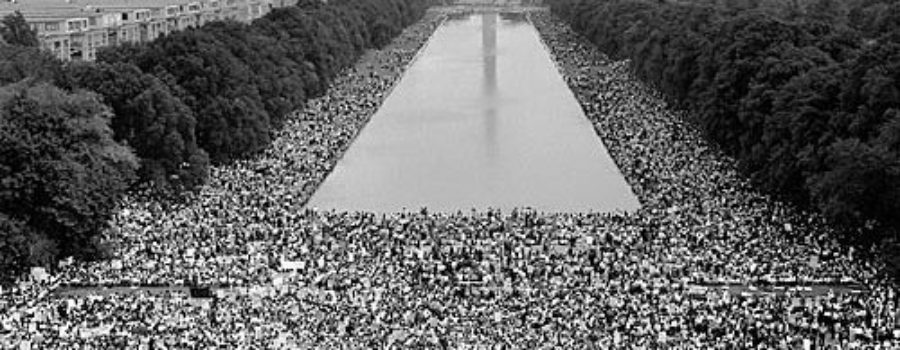The Inspirational History of U.S. Employment Law
As a historian by training, I love inspirational stories from the past. The past can give context and meaning to our present opportunities and struggles. If you are someone currently fighting workplace discrimination, get ready to be inspired and humbled by this glimpse at the giants who have come before you!
Title VII of the Civil Rights Act of 1964 is the federal law that guarantees employees’ current freedom from workplace discrimination on the basis of race, color, religion, sex, and national origin. Some have called it a “crowning achievement” of the Civil Rights Movement, and I would have to agree.
President John F. Kennedy (“JFK”) introduced the Civil Rights Act on June 11, 1963, following a decade of struggle by Civil Rights Leaders such as Martin Luther King, Jr., Rosa Parks, and the N.A.A.C.P. to desegregate states still clinging to Jim Crow laws that forced Black Americans to attend separate schools, use separate public facilities, and apply for separate jobs from others.
A few months later, on August 28, 1963, around 250,000 people marched in the famous “March on Washington for Jobs and Freedom,” where Martin Luther King, Jr. gave his “I Have A Dream” Speech.

Employment was in the official title of the march!
Though JFK’s Civil Rights Bill had not gained much traction in Congress in the months following its introduction, his shocking assassination on November 22, 1963, helped change that. The combined forces of the Civil Rights Movement’s growing momentum, Congress’s grief over JFK’s assassination, and his successor Lyndon B. Johnson’s skillful statesmanship coalesced into the Civil Rights Act of 1964 officially becoming law on July 2 of the following year.
So, as you ponder how you can stand up for yourself and others in your own workplace, never forget that you are carrying on a heroic Civil Rights legacy.
All the best,




